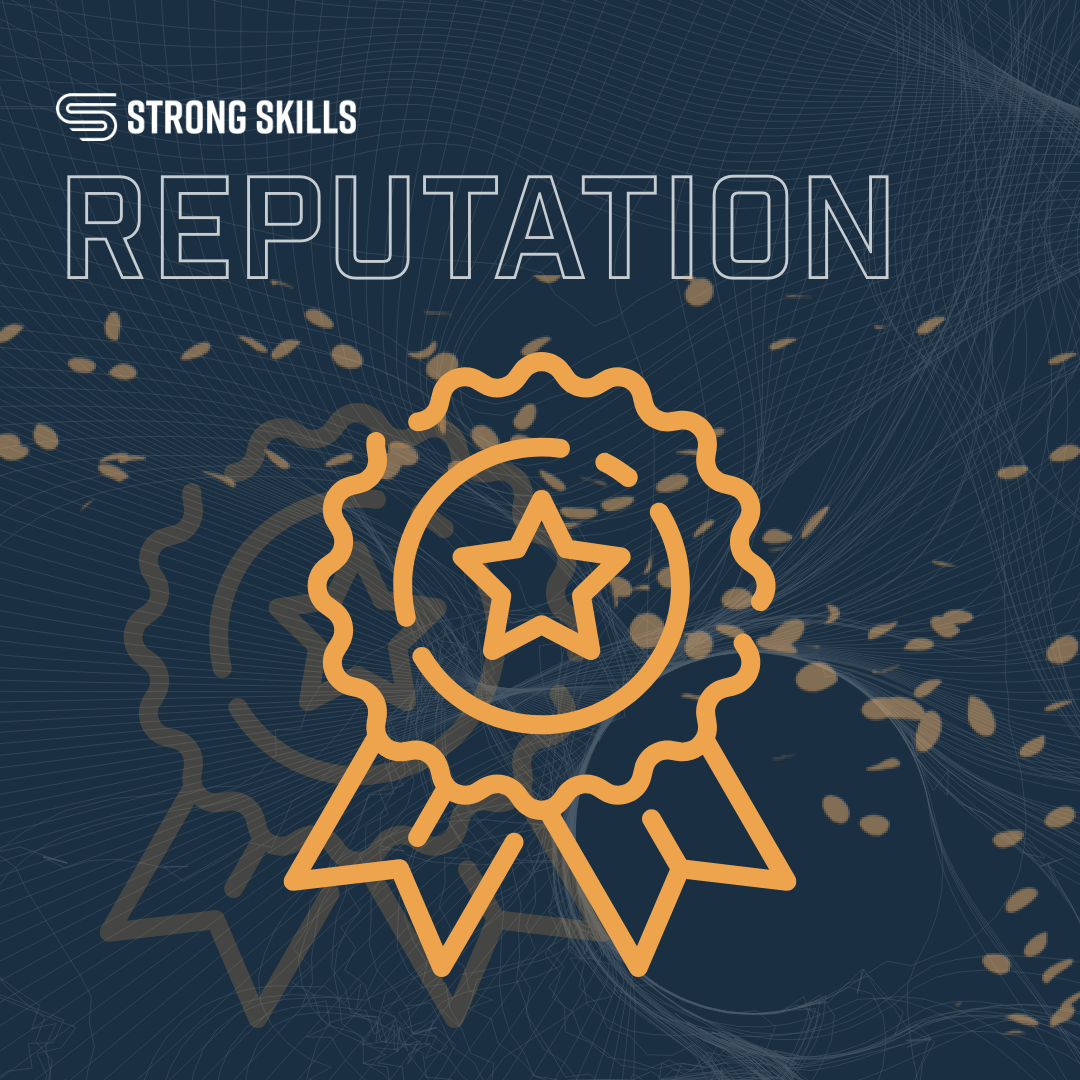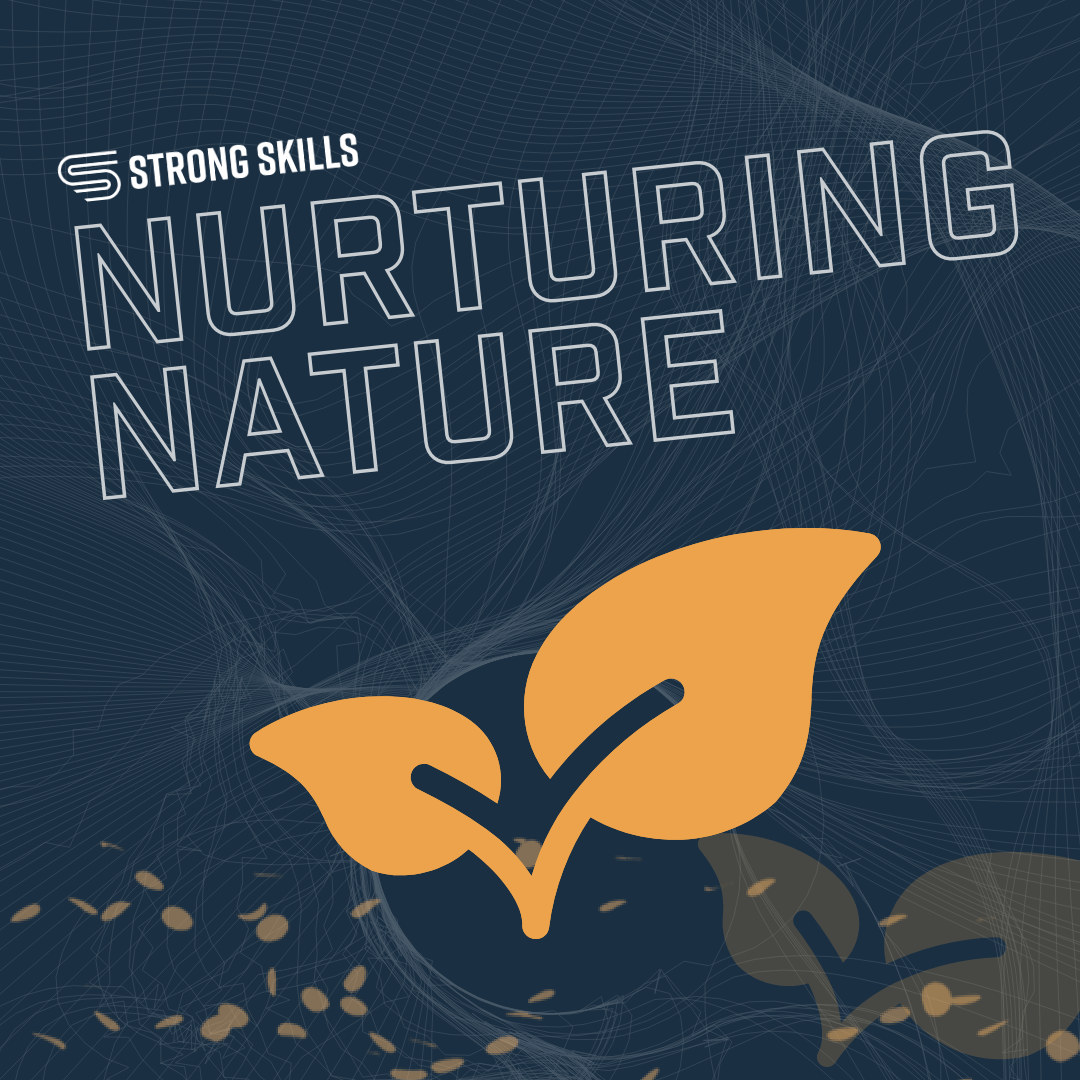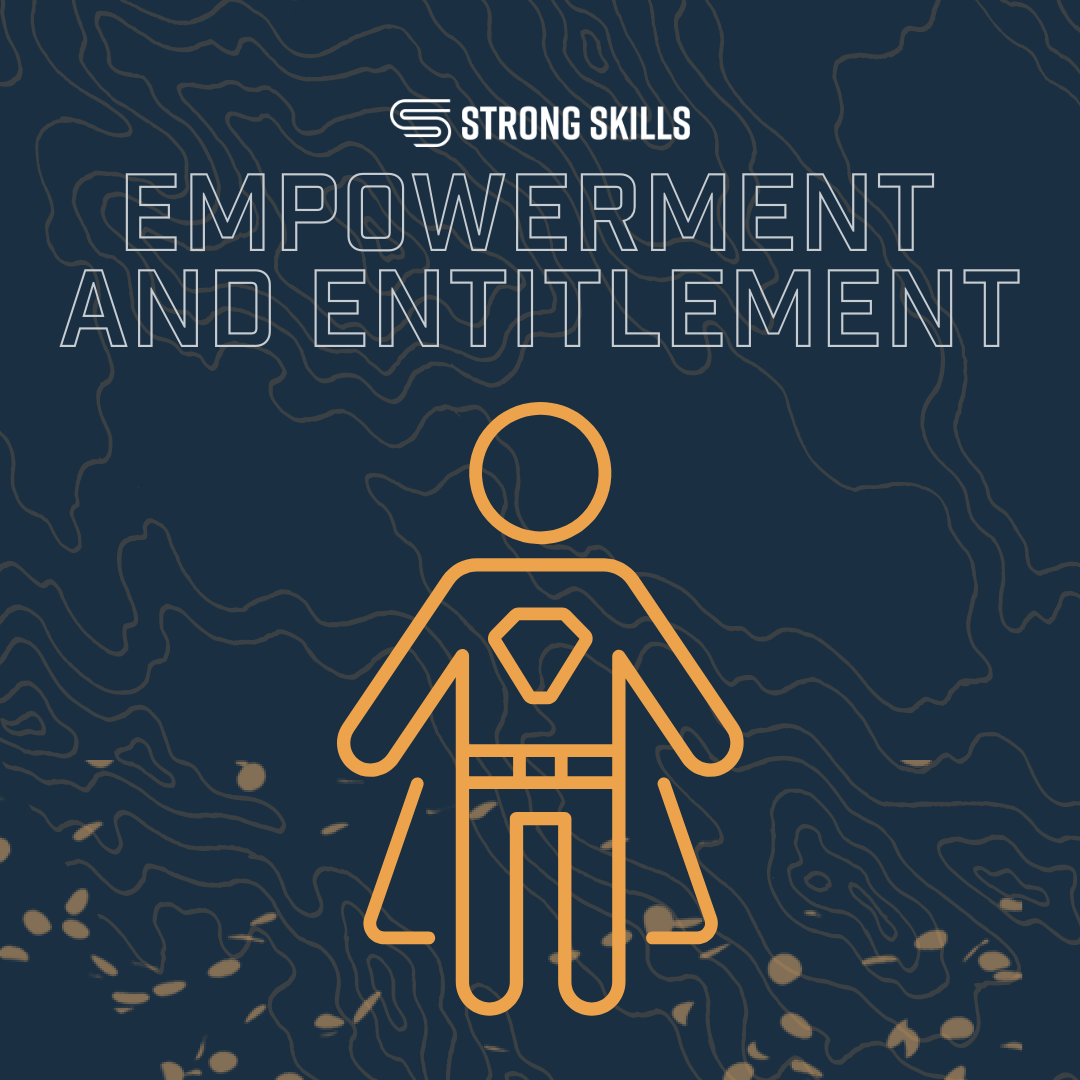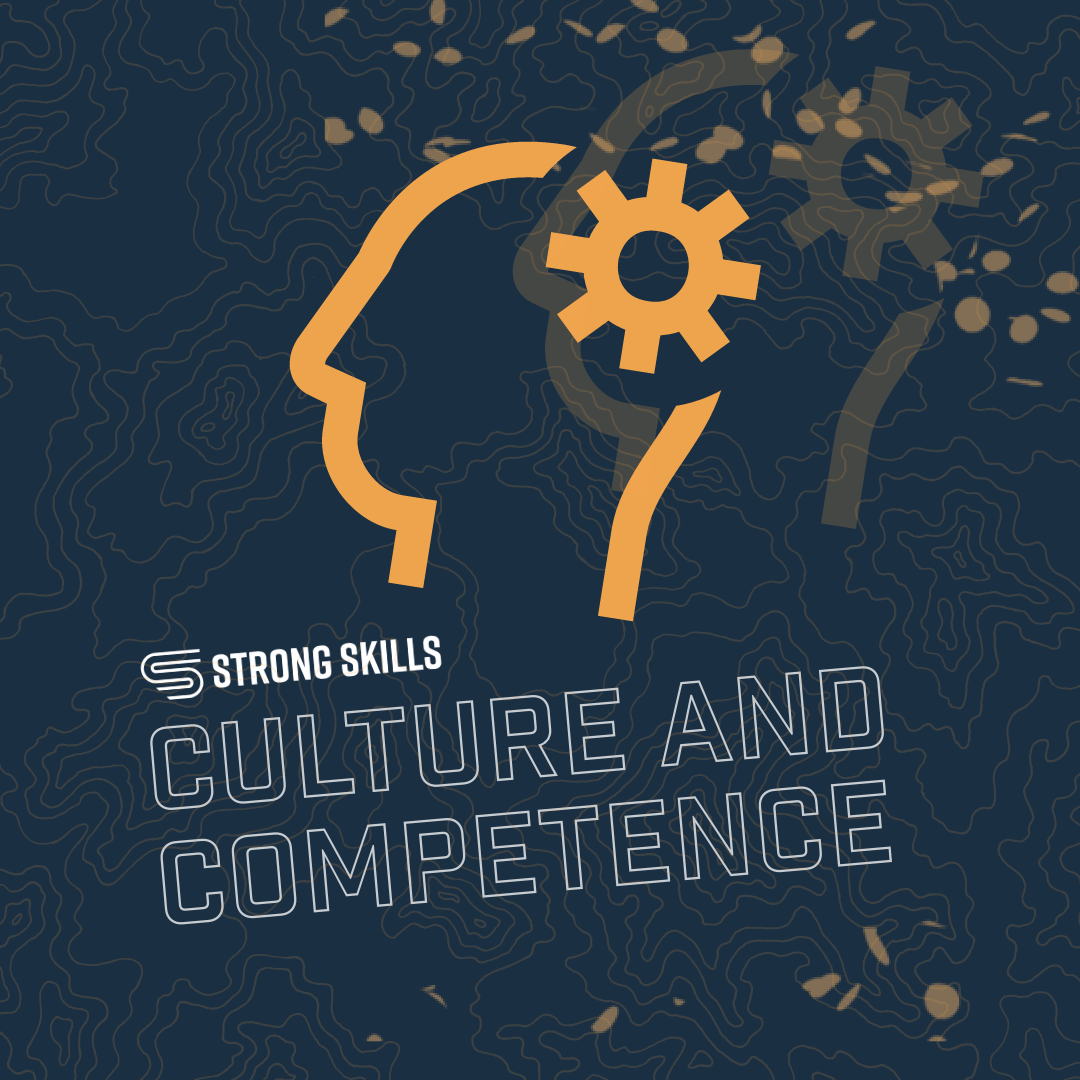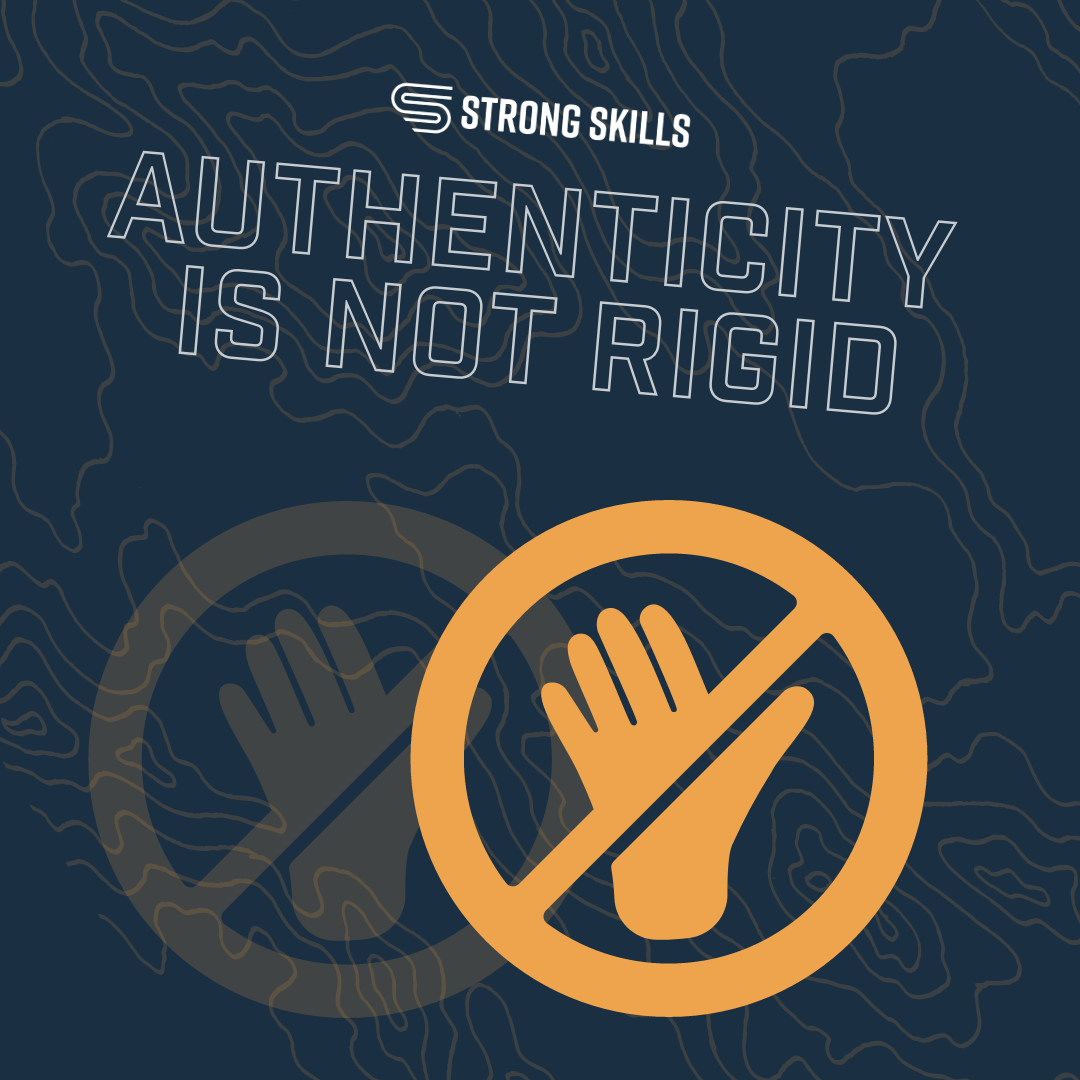Something I wish I knew when I was younger... When someone's going through something difficult, saying nothing (out of fear of saying the wrong thing), is typically worse than saying the "wrong" thing.
Read MoreI posed this question to myself recently. If I could only pick one of these, which one would I want on my tombstone?
World-Class Writer
World-Class Coach
World-Class Speaker
World-Class Podcaster
World-Class Dad
Read MoreFormer UCLA Men’s Basketball Coach John Wooden has a Socrates-like Ted Talk where he shares an important distinction between character and reputation: Character is who you are, whereas reputation is how others perceive you. It’s something that has stuck with me, especially in hard times. So many of us are overly concerned with our reputations, which, in reality, we don’t control. A reputation can ruin a lifetime of character. Yet, how much does reputation actually matter? And what’s more, should we focus on it? Let’s dig in.
Beyond parenting, great organizations need to think about how they can nature the nurture of their people. Personality assessments are a great place to start. They provide an additional perspective and can help identify a baseline of nature. Much of our management potential lies in our ability to manage ourselves. If we want to nurture our nature, often the best place to grow is by understanding who we are. The same goes for the people we lead.
Read MoreEmpowerment leads to growth. Enablement leads to entitlement.
Read MoreI had Rand Fishkin, the CEO of Sparktoro, on my podcast earlier this year. In Rand’s book, Lost and Founder, he shared a graphic that made me stop, pause, and contemplate. Rand suggested that most companies keep and train their employees who are high on competence and low on culture, but don’t hire/don’t keep those who are high on culture and competence. Of course, Rand points out that in the perfect world people who are high on culture and high on competence should be hired and kept
Read MoreWhen silence is intentional it can be very powerful. When it's not intentional it can be cowardice. Knowing when to be silent and when to speak up is tricky. Yes, great leaders need to learn to listen in silence AND to speak up when direction is needed. Here are some examples of when I try to be silent and when I try to speak up.
Read MoreLove it or hate it, email is an essential form of communication for most of us. A few years ago, I was drowning in my inbox. I was slipping. Not replying to people and letting things fall through the cracks. I decided to invest money into fixing the problem when I found a company called Superhuman.
Read MoreWhat is wealth? We often attach it to money. Nice things. Capacity. Yet, I love this definition of wealth: plentiful supplies of a particular resource. Can it be money? Sure. But it can also be family, friends, health and more. We need to change our perception of wealth.
Read MoreWho you are is not based on what you do, but what you do does have an impact on who you are. Let me explain further.
Read MoreWhat does it mean to be authentic? It’s when we show our genuine self. There’s vulnerability in it. Instead of acting with an agenda in mind, we are willing to express what we truly believe. There’s conviction in authenticity. But authenticity can also be curious, angry, sad, frustrated, and caring.
Read MoreIf I don’t intentionally schedule time to do what I want, then someone else often fills my schedule with what they want me to do. For years, I often took pride in having a full calendar. I used activity to judge my productivity. And while that may have helped me then, I don’t feel as though it helps me now. Busyness and productivity are not the same thing. How can we approach our calendars in a more productive way? Here are some ideas.
Read MoreI need to delegate more. This phrase gets mentioned by almost all of my executive clients. I know what they are thinking and understand their intention. These are busy people who often bite off more than they can chew. Delegation is needed so that they can keep the main thing the main thing. However, I often challenge them to think beyond delegating and instead focus on empowerment.
Here’s why:



